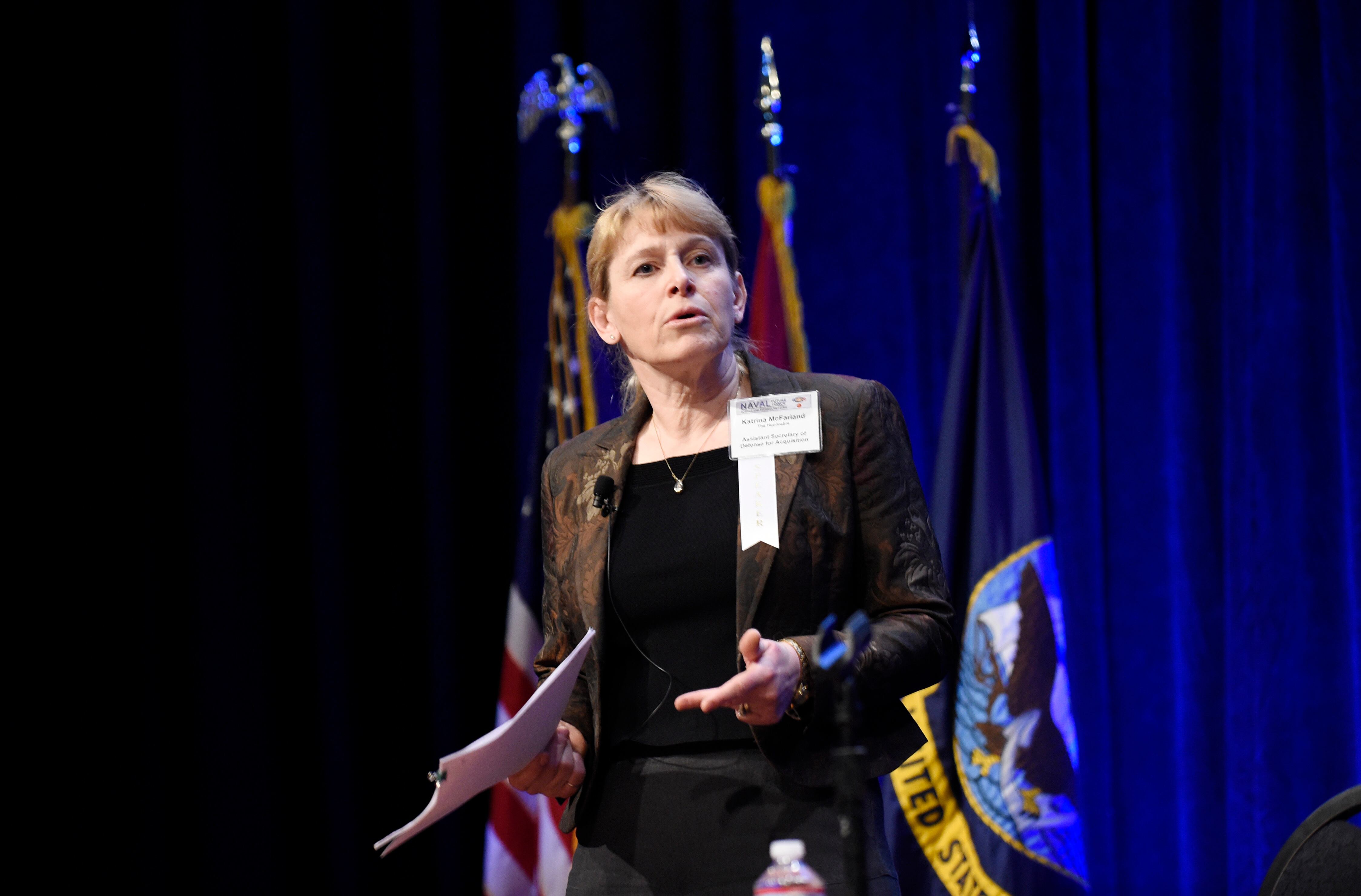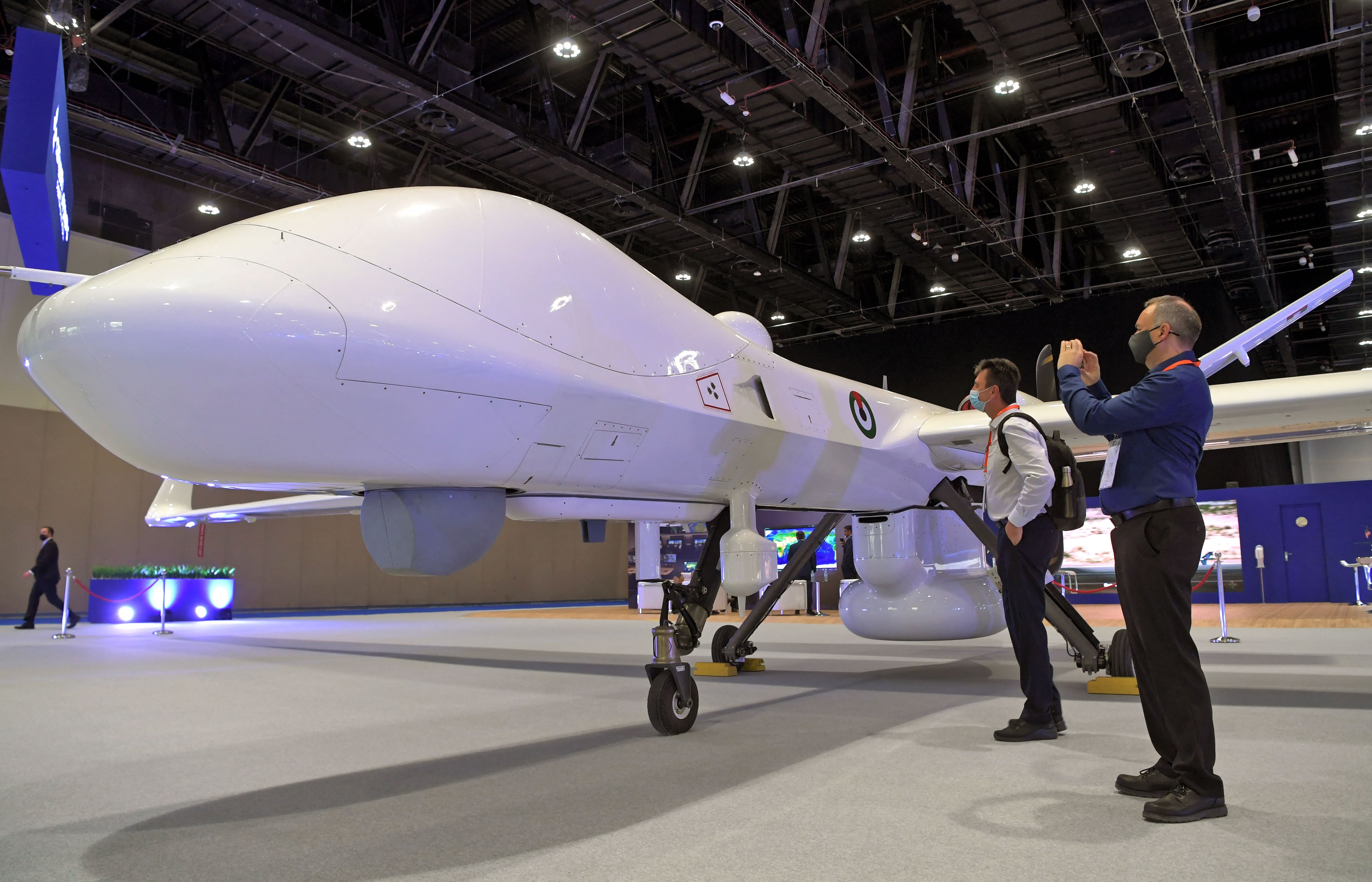The Army, like much of the federal government, has been weighted down by legislative requirements that haven't been executed correctly, according to the Army's acquisition chief.
The mid-80s' Goldwater-Nichols Act made sweeping changes to the military, including directing the services to share technological advances, but "was not implemented the way it as intended" and led to troubles such as a 75 percent reduction in the acquisition workforce in the 1990s, according to Katrina McFarland, acting assistant secretary of the Army for acquisition, logistics and technology.
RELATED: Find more from AUSA Global Force here.
"You'll see that they took the dividends but they didn't address the fundamental issue of people and how do we operate and how do we think about what we need to do?" McFarland said March 15 at the Association of the U.S. Army Global Force Symposium in Huntsville, Alabama. "They made some very good and useful improvements, but when it was not implemented correctly, inefficiences occurred…and those policies and regulations that resulted have caused us to be a very burdened organization. And many times people misconstrue bureaucracy with what is the fundamental issue, which is bandwidth."
But now the Army is working to get out from under the bureaucracy with a new rapid capabilities organization that aims to institutionalize the ability to get troops the weapons and tools they need faster, she said.
"For those enterprise issues operating in a contested environment, we're working with all the stakeholders to set up this organization. What I will tell you personally, having been on the ground for a bit now, we've been doing rapid quite a lot," she said, adding that the Army hasn't conveyed that success story well. "People can criticize that we could have [responded to needs of the soldier] better or differently, but we've provided capabilities to soldiers that they needed, in the place they needed them. That is rapid. How much you trade risk and how you can do it in a more sustained manner, I think, is the approach we need to take with the idea of rapid capabilities."







